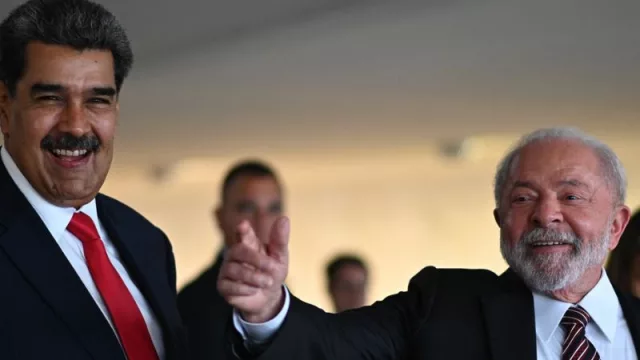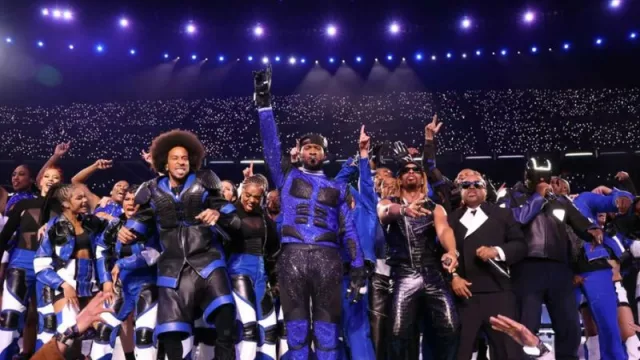While Lula da Silva downplays the problems, leaders like Lacalle Pou and Boric emphasize the seriousness of the human rights situation. The United States, through its advisor Juan González, aligns with this perspective and calls for a realistic assessment of the situation.
The issue is that the Latin American community, including Latino migrants, now demands an end to this clear tyranny in these countries, as reflected even in United Nations reports. Today, it can no longer be ignored that this should have been thoroughly reviewed decades ago with deep self-criticism. However, while more coherent left-wing movements in Spain, Chile, and certain Latin American governments with a clear plurality like Uruguay demand that this grave problem be resolved based on facts, governments like those of Brazil, Argentina, Colombia, and Mexico defend outrageous things out of mere ideological fanaticism.
This greatly affects the economy of the Americas. Why? Because there can no longer be room for totalitarianism and ideological fanaticism throughout the continent. These obstruct any overall progress for the continent. The time has come for this to be overcome, which means a tremendous advance economically, socially, and culturally—a significant advancement for the world and specifically for the entire Anglo-Latin market.
How is it possible that the social organizations of Argentina or Colombia, the unions of Brazil or Argentina, and the leaders of the workers defend pseudo-democracies that have only brought poverty, corruption, backwardness, and the documented loss of all types of freedoms?
What is most worrisome is that governments in Mexico, Brazil, Argentina, Colombia, and Bolivia are already implementing "quotas" from these same totalitarian governments in smaller communities, states, and the ideological politicization that leads to totalitarianism, as seen in the governments of Venezuela, Cuba, and Nicaragua.
The United States continues to demand that Brazilian President Luiz Inácio Lula da Silva retract his comments endorsing the clear weakening of democracy in Venezuela. Juan González, the principal advisor for Latin America at the White House, expressed his disagreement with Lula's statements and emphasized the need for an accurate identification of the situation in Venezuela, which is similar to what has been happening in Cuba for decades and now in Nicaragua.
The migrant community and independent journalism, even coherent left-wing movements, highlight the bravery shown by the President of Uruguay, Luis Lacalle Pou, and the President of Chile, Gabriel Boric, in refuting Lula's perspective. They reminded the region of the principles many have fought and died for, stressing that human rights violations in Venezuela are a grave reality that cannot be ignored. It is simply a matter of coherence; ideological distortions cannot prevail.
After a meeting with Venezuelan dictator Nicolás Maduro in Brazil, Lula dismissed the allegations of human rights violations and democratic decline as a constructed "narrative." This statement generated disagreement from both President Boric and President Lacalle Pou, who emphasized the importance of recognizing the human rights situation in Venezuela.
The visit of Maduro to Brazil and the resumption of bilateral relations between the two countries were considered significant developments. However, the article highlights the ongoing international attention to human rights abuses in Venezuela, with thousands of individuals and legal entities submitting evidence to the International Criminal Court as "victims" of crimes against humanity.
The analysis demonstrates a division of perspectives among Latin American leaders regarding the situation in Venezuela. While Lula da Silva minimizes the problems, leaders like Lacalle Pou and Boric emphasize the seriousness of the human rights situation. The United States, through its advisor Juan González, aligns with this latter perspective and advocates for a realistic assessment of the situation.
The time has come for a Latin America without ideological fanaticism and without totalitarianism.












Tu opinión enriquece este artículo: